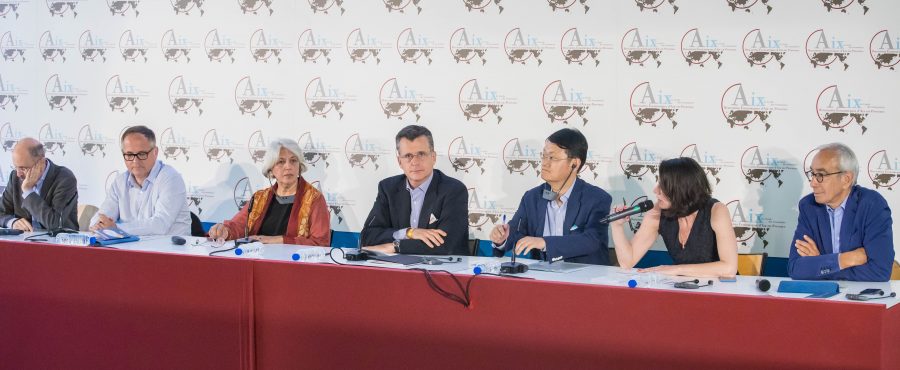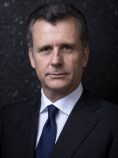8 Jul 2018
Which Leadership for Tomorrow ?
Session 31

Over the past seven decades, international economic relations have been based on principles set out in the aftermath of the Second World War. Built upon a United States initiative, this multilateral system has served as a framework for the development of exchanges, the dissemination of technical progress and the search for a coordinated response to collective action problems, triggered by the development of interdependencies and the growing scarcity of common resources.
Read more
Since the beginning of the 2000s, however, warning signs pertaining to the disintegration of the international order have multiplied against a backdrop of increasing rivalry between China and the United States: the failure of the multilateral trade negotiations undertaken in Doha, the growing mistrust of Emerging Asia with regard to the IMF, the inability of the international community to agree on mandatory targets for reducing greenhouse gas emissions. The arrival of Donald Trump in the White House has meant that this breakdown in the world economic order has rapidly gathered pace: the multilateral system is coming under fire from the United States, who are no longer sure that it serves their own interests and, as a result, are multiplying initiatives that work against it. Is this just a dangerous phase, or is the current chaos going to result in irreversible damage to the international system?
The main beneficiary of this situation seems to be China, who, concerned with keeping multilateralism alive, has been able to assert itself as a global economic power and as a key player in the disruption of a system based on rules set by others. Switching between roles as a replacement anchor and an architect of change, Beijing is slowly developing a vision for the world economic order of tomorrow. Should China be regarded as a partner in the quest for a new equilibrium, or as an adversary who has only agreed to abide by the common rules for as long as they serve its immediate interests?
As for the European Union, of all the major players it is the most attached to a rule-based multilateral system, in which it sees a mirror image of its own inner workings. It seeks to assert its place on the international scene but hesitates on the best way forward: Should it oppose American unilateralism? Build a partnership with China? Or, on the contrary, in the name of the unity of interests and values, put up with the caprices of Washington?
Coordination
Moderator
Speakers

Isher Judge AHLUWALIA
Chairperson
Indian Council for Research on International Economic Relations
Biography
Jong Wha LEE
Professor of Economics and Director of the Asiatic Research Institute
Korea University, Seoul Korea
BiographyContributions
What leadership for tomorrow_PISANI-FERRY

























































































